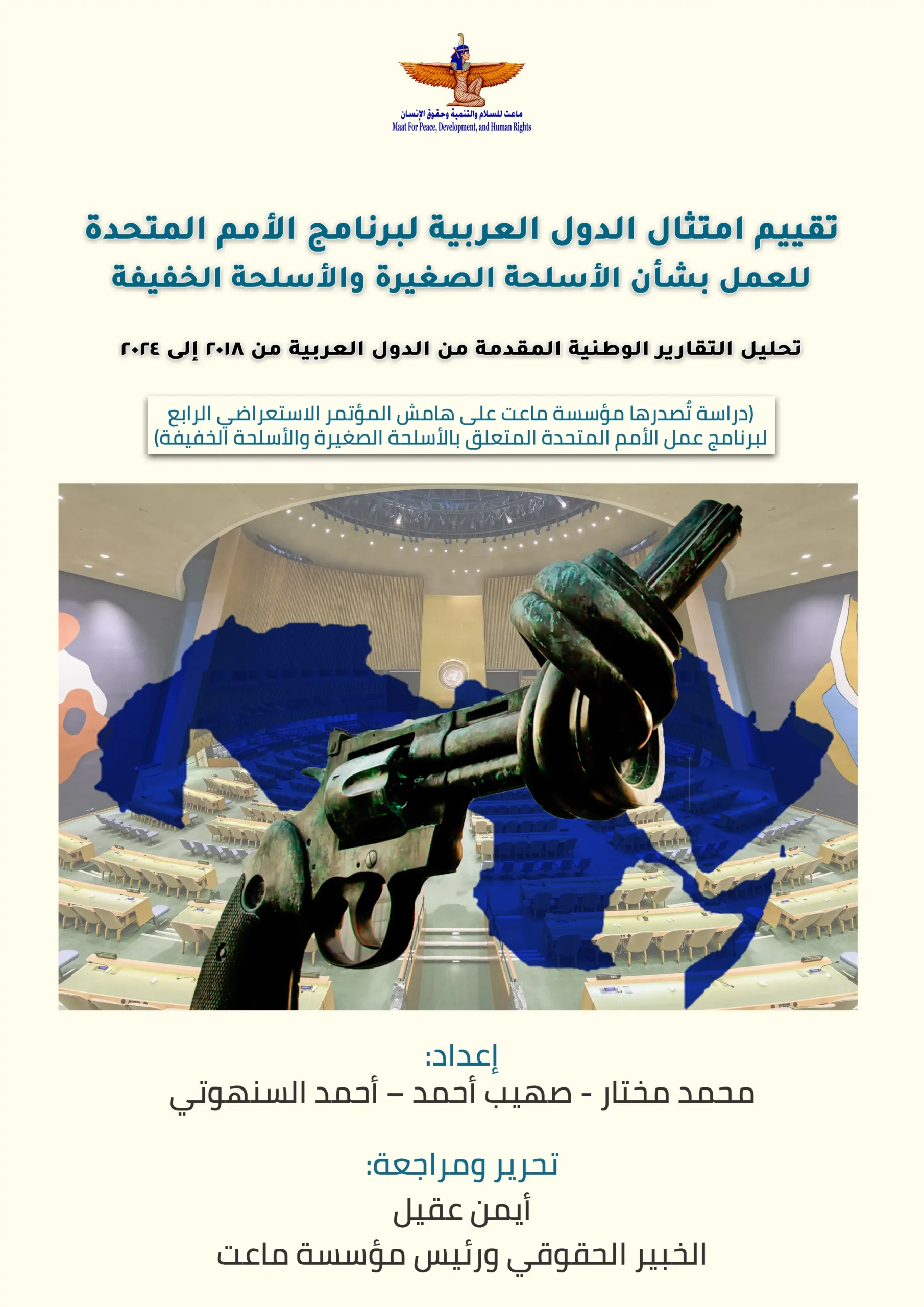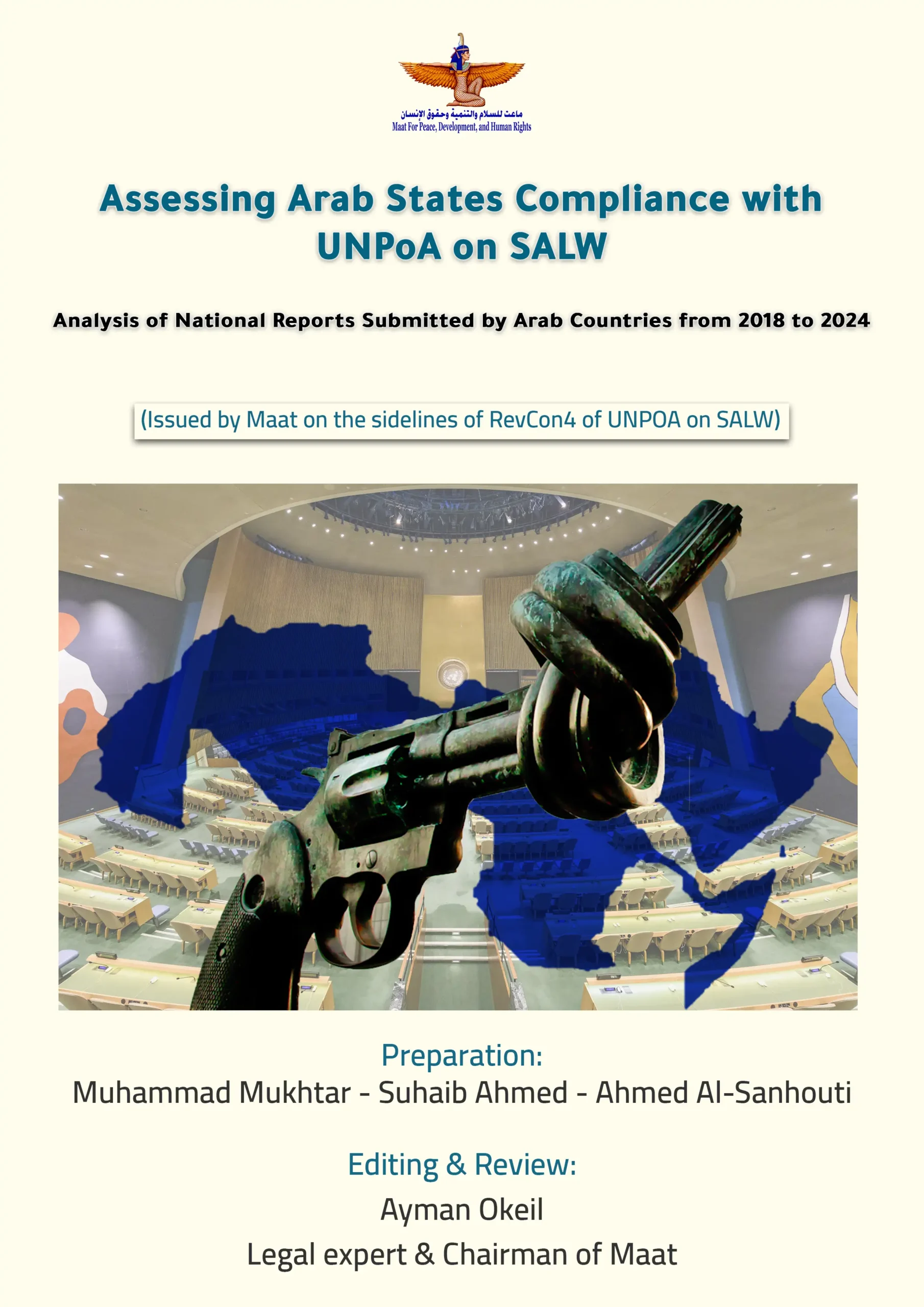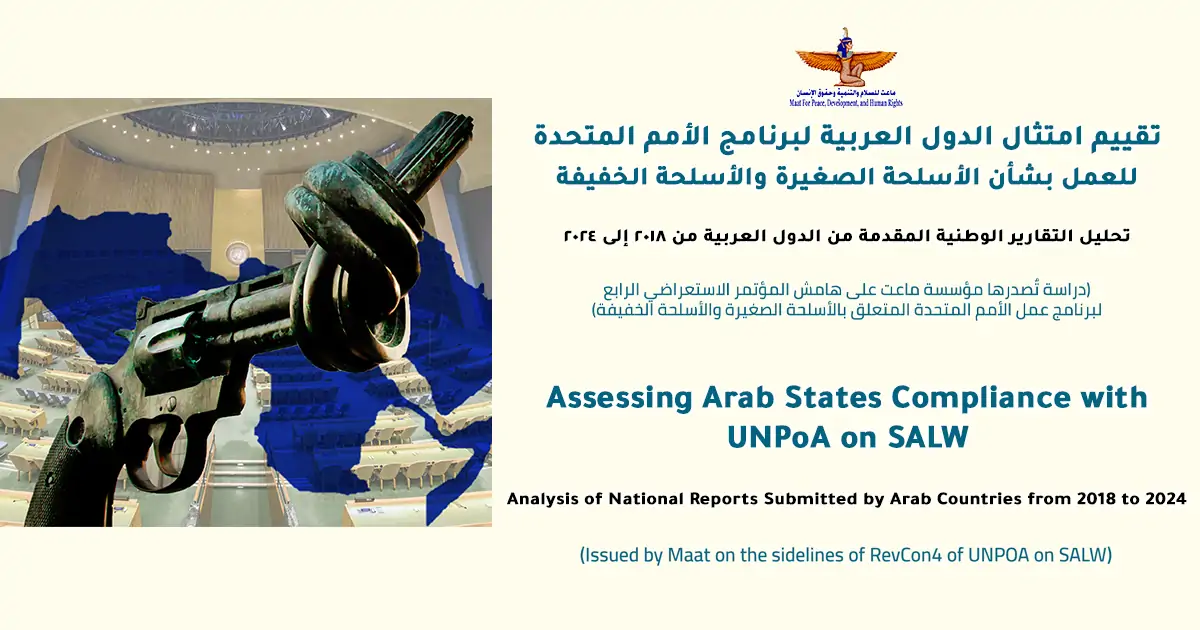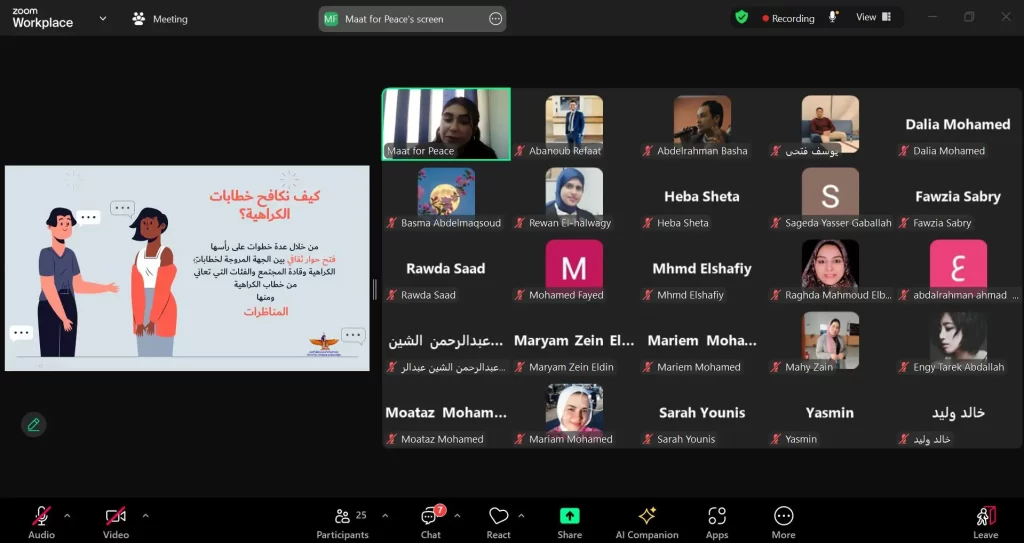Proliferation of SALW poses a significant obstacle to sustainable peace and security in Arab societies. These weapons remain the primary tools used in criminal activities, terrorist attacks, and acts of violence during armed conflicts and civil wars. They also facilitate human rights violations and breaches of international humanitarian law, including torture, enforced disappearance, mutilation, rape, and other forms of sexual violence, both in conflict and non-conflict settings. This, in turn, hinders the promotion of sustainable development efforts. The escalation of armed conflicts in Syria, Yemen, and Libya has led to the flooding of black markets with large quantities of these weapons, which are often transferred to criminal groups and terrorist organizations.
2001 UN PoA to Prevent, Combat and Eliminate the Illicit Trade in SALW in All Its Aspects, and 2005 Supplementary International Tracing Instrument, are essential tools for reducing the negative effects of SALW and their impact on sustainable peace and development. Within this framework, states submit biennial national reports to the UN, containing data on seized SALW that have been registered and traced in accordance with international standards and legal instruments. These reports allow for the assessment of the degree of implementation of PoA at the national, regional, and global levels, and identify areas that require further attention or resources. Despite the widespread proliferation of SALW in Arab countries and their detrimental impact on human rights, security, and sustainable development efforts, Arab states' compliance with reporting to PoA remains limited and marginal.
This study, conducted on the sidelines of the fourth Review Conference (RevCon4) to assess the progress made in implementing PoA, examines the extent of Arab countries' commitment to submitting national reports to UN PoA between 2018 and 2024. It also analyzes the reports submitted in order to strengthen and improve efforts aimed at reducing the spread and misuse of SALW in the Arab region.

 |
 |
shortlink: https://maatpeace.org/en/?p=42738












